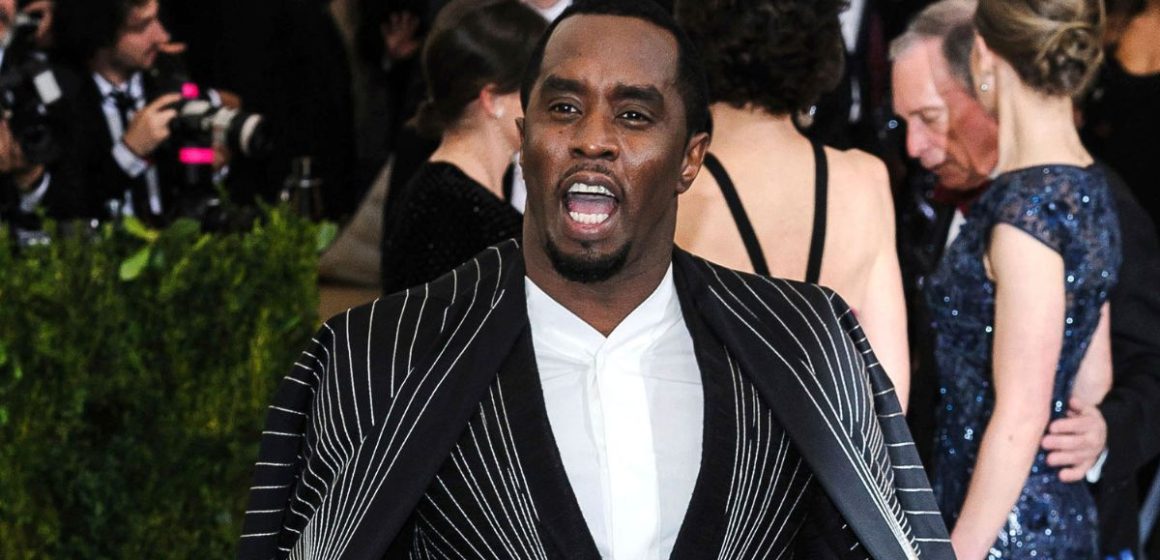Now that Sean “Diddy” Combs has persuaded a federal judge that “a gag order is appropriate,” in the words of the defense, the high-profile RICO and sex trafficking defendant’s lawyers and federal prosecutors are fighting over just how far an order should go and to whom it can and should apply.
In recent days, Combs asked U.S. District Judge Arun Subramanian to put a stop to “extrajudicial statements from prospective witnesses and their lawyers” and to protect the defendant’s right to a fair trial amid an avalanche of civil lawsuits that Combs claims are “opportunistic.” At the same time, the defense has claimed that “unauthorized and prejudicial leaks of grand jury information” have taken place.
For instance, defense attorney Marc Agnifilo asserted two weeks ago that the Department of Homeland Security (DHS), was “most likely” the “source” that handed CNN a 2016 video of him abusing his ex-girlfriend Cassie Ventura at the Intercontinental Hotel in Los Angeles.
While prosecutors swiftly disputed the claim, the defense went so far as to speculate that the “leak” to CNN was timed for May 17 former President Donald Trump’s hush-money trial in Manhattan was on pause for that day as he attended son Barron Trump’s high school graduation — making it “a slow news day” and a “perfect time” for the abuse video to come out and “mortally wound the reputation and the prospect of Sean Combs successfully defending himself against these allegations.”
Over the last couple of days, the defense and prosecution have submitted their own proposals about a gag order-to-be and separately offered explanations for the proposed language therein.
Combs’ proposed gag order

Prosecutors’ proposed gag order

The differences between the two stances
Combs’ lawyers told the judge that “unfortunately” the defense and prosecution could not agree on proposed language despite an “extensive back and forth since” Oct. 10, but added that the two sides are not as far apart as they could be. The defense urged Subramanian to act quickly because government “agents” allegedly haven’t stopped leaking (a recent Deadline article that quoted a “law enforcement source with knowledge of the case” was cited as one example, and a CNN story from May — predating the indictment by months — was another).
“At this juncture, the Court’s intervention is critical because agents involved in the investigation have continued their leaks, and their damaging and false information to the press in the wake of the October 10 status conference, only heightening the need for the gag order to be issued as soon as possible,” the defense said, noting that the “principal disagreement between the parties stems from the fact that the government continues to resist language that will ensure that the order covers all the agents who may be exposed to grand jury materials and other confidential information related to the investigation and prosecution of this case.”
“The government wanted the order only to cover agents ‘assigned to’ the investigation, rather than any agents who acquire confidential information about the investigation and objected to the specific reference to the Department of Homeland Security,” Combs’ lawyers continued. “These objections would defeat the purpose of the order. Whether an agent is officially ‘assigned’ to the investigation or not should not matter.”
In response, prosecutors clarified that the primary lingering disagreement boils down to “the definition of the government” and who in law enforcement can be restrained from leaking.
“Accordingly, the only remaining disagreement between the parties is the language concerning who would be bound by the order. The Government’s proposed order reflects the reality that the Government has two separate obligations—maintaining the secrecy of grand jury material in accordance with Rule 6(e) of the Federal Rules of Criminal Procedure, and complying with the directives set forth in Local Criminal Rule 23.1,” prosecutors with the U.S. Attorney’s Office for the Southern District of New York said. “The parties agree that the Government attorneys assigned to the matter and staff members working under their supervision or at their direction are bound by both obligations. However, the parties disagree about the extent to which law enforcement agents and/or officers may be bound by those obligations.”
Slamming Combs’ proposal as “plainly overbroad,” prosecutors said there’s “simply” no way to enforce it and noted that the “purported leaks […] have not been of grand jury material and—as the defendant concedes—are not alleged to be from the agents and officers assigned to this case”:
Have a tip we should know? [email protected]
Note: Thank you for visiting our website! We strive to keep you informed with the latest updates based on expected timelines, although please note that we are not affiliated with any official bodies. Our team is committed to ensuring accuracy and transparency in our reporting, verifying all information before publication. We aim to bring you reliable news, and if you have any questions or concerns about our content, feel free to reach out to us via email. We appreciate your trust and support!



Leave a Reply